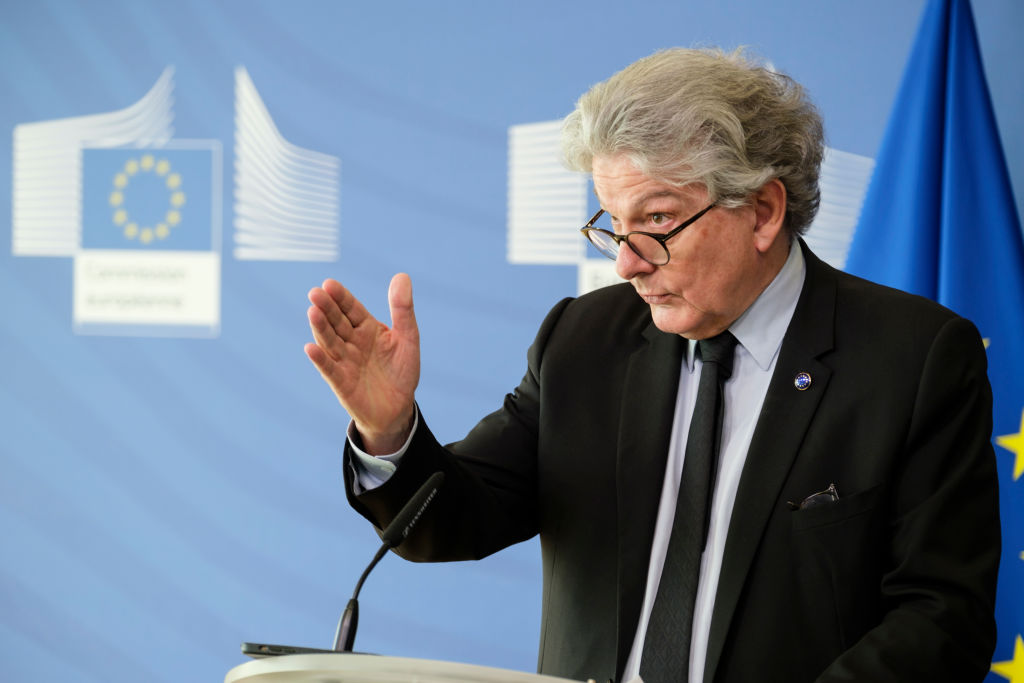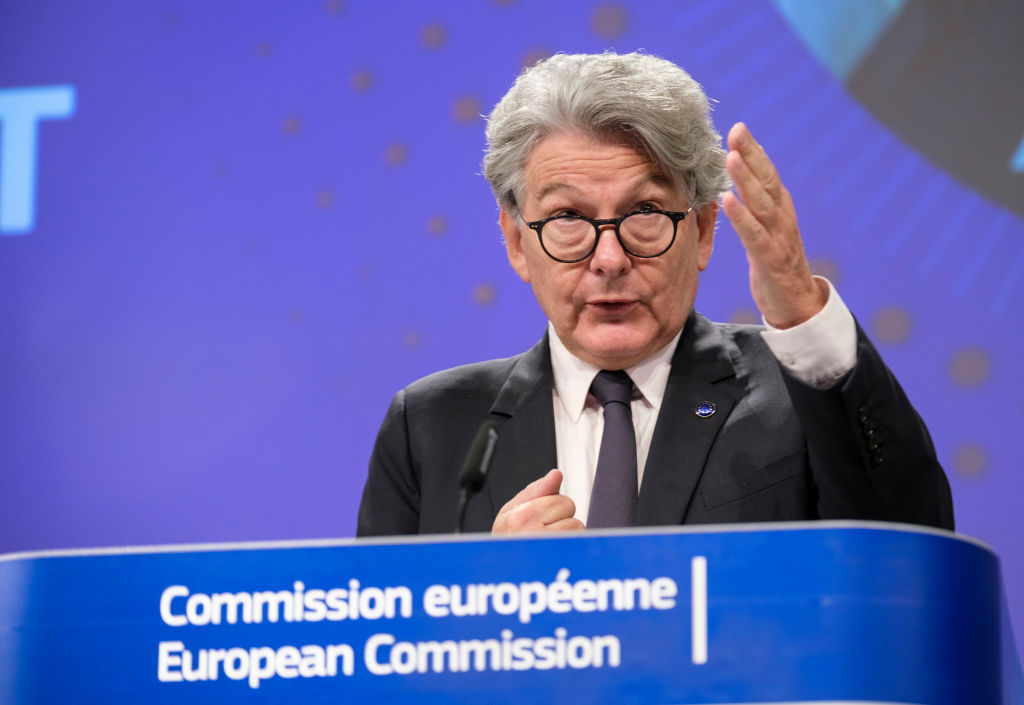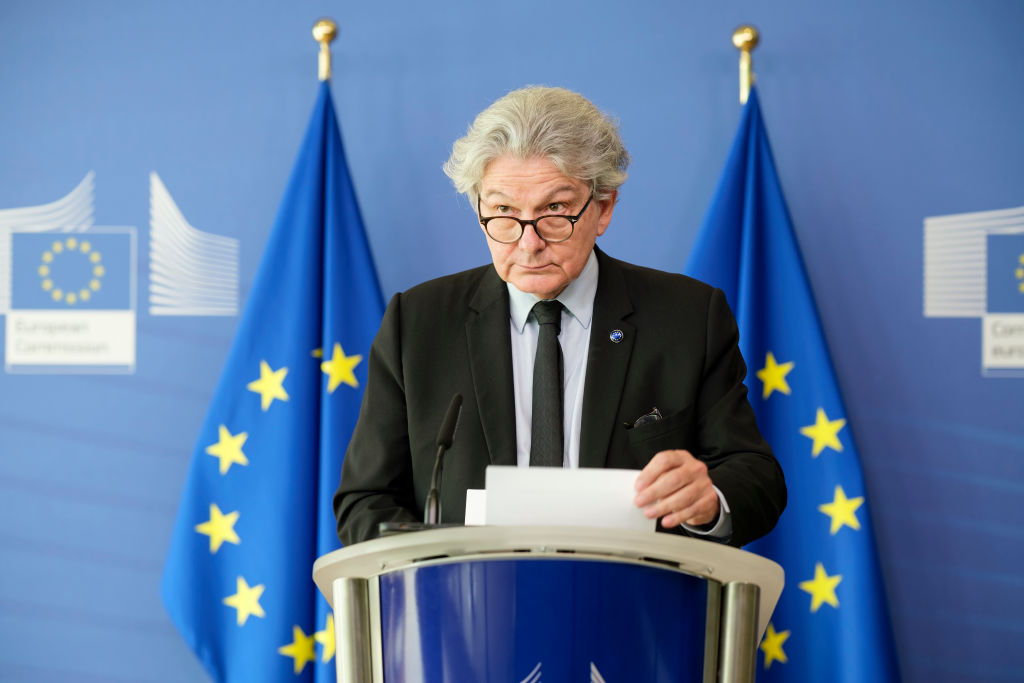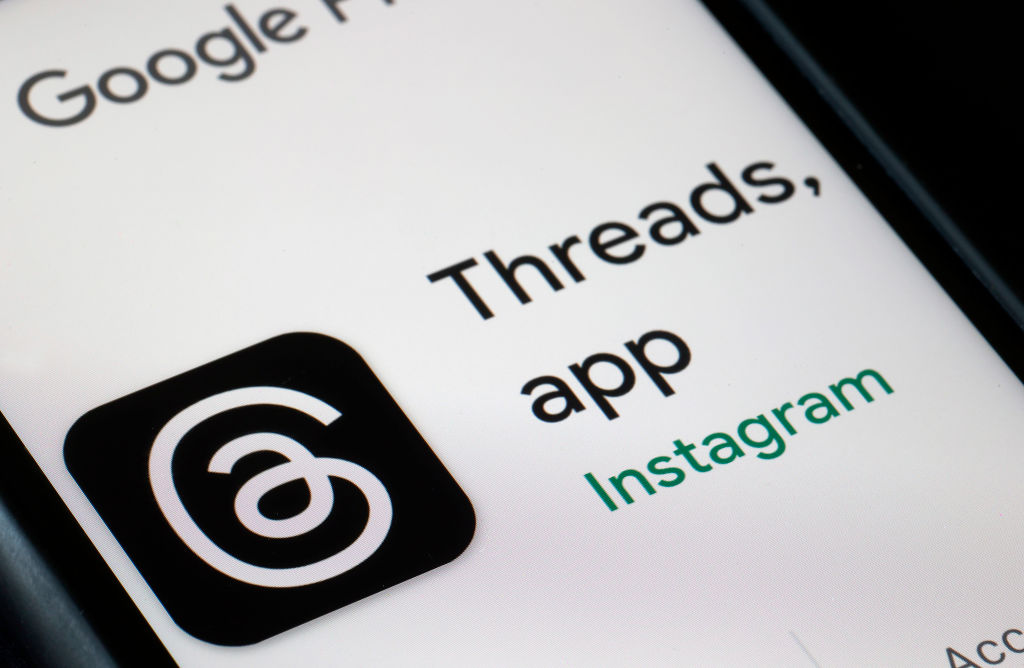Efforts to censor the internet in Europe must be left to the European Union and its Digital Services Act (DSA), the European Commission has told France.
Responding to a question in the European Parliament, French officials have been warned to tread carefully regarding France’s own recent efforts to regulate the net, which have become increasingly popular in the wake of rioting that recently gripped the country.
Despite such public support, internal market commissioner Thierry Breton has insisted that social media censorship is something only the EU is allowed to control.
“Member States should refrain from adopting national laws that would overlap with [DSA] regulations or create stricter or more detailed provisions in the concerned regulatory fields,” Breton warned.
He added that the EC was looking into whether France’s forthcoming online censorship rules are in breach of EU law.
“The Commission attaches great importance to preserving the integrity of DSA and [Digital Markets Act], and their effective implementation,” Breton said.
“The Commission is ready to use its enforcement powers, where necessary, to ensure that those regulations are adhered to,” he threatened.
Officials in both Brussels and Paris have been keen over the past few weeks to regulate what kind of speech is permitted on social media sites.
French President Emmanuel Macron has expressed a desire to see French authorities granted the power to cut off certain social media sites in the country during times of public unrest.
“When things get carried away, we may have to put ourselves in a position to regulate [social media sites] or cut them [off],” he remarked in July.
Breton has insisted that any such powers will soon be in the hands of EU regulators, saying that Brussels will be able to cut off platforms that disobey EU censorship rules within a matter of hours, from August 25.
“We have teams who can intervene immediately,” he said.
“If [social media firms] don’t act immediately, then yes, at that point we’ll be able not only to impose a fine but also to prohibit their operations within our territory.”
The commissioner has since added that the EU supports freedom of speech but that the bloc “also stands by” its right to censor the internet when it sees fit in order to “protect” its citizens.





